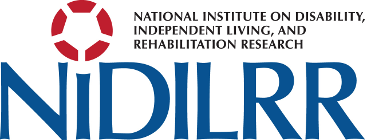- We have Tech4POD News!
- See theLatest Project Updates!
- Tech4POD has Resources for You!
Transitional Care in Osteogenesis Imperfecta: Advances in Biology, Technology, and Clinical Practice
Edited by Peter A. Smith, Frank Rauch, & Gerald F. Harris
4 Researchers
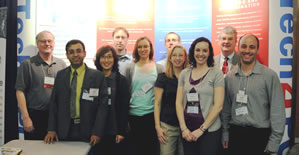
Our combined research focuses on developing new tools, better technologies, and improved treatment strategies for children with cerebral palsy, clubfoot, spina bifida, spinal cord injuries, osteogenesis imperfecta (brittle bone disease) and other orthopaedic conditions.
Training and dissemination are vital components of this project. Activities include online training, distribution of publications, educational courses, conference workshops, symposia and presentations, newsletters, accessible registries, and state-of-the-art information for clinicians, parents, participants, other health care professionals and researchers.
4 Patients & Parents

- Brochure for Patients & Parents
- Support Groups
- Care & Treatment Facilities
- Physicians
- Resources
- Contact Us
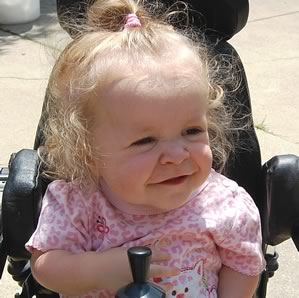
Tech4POD consists of a group of doctors, researchers and health care professionals dedicated to improving the quality of life for children with orthopaedic disabilities. This section of our website describes the studies and new tools that are being developed to improve the treatment of children with cerebral palsy, clubfoot, spina bifida, spinal cord injury, brittle bone disease and other orthopaedic conditions.
4 Practitioners
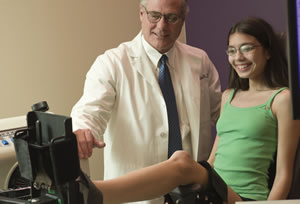
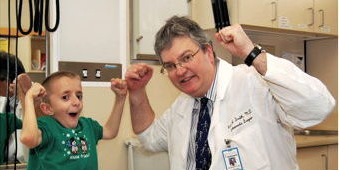
The combined research activities of Tech4POD focus on developing new tools, better technologies, and improved treatment strategies for children with cerebral palsy, clubfoot, spina bifida, spinal cord injuries, osteogenesis imperfecta and other orthopaedic and musculoskeletal conditions. The four research and four development projects offer a variety of technical approaches to improve our knowledge and ability to care for children with orthopaedic disabilities. Wide ranging areas of investigation range from tissue level research to robotic assisted therapy and advanced mobility modeling. Sister development projects seek to develop novel technologies that can easily migrate to users and practitioners in the field of rehabilitation.







